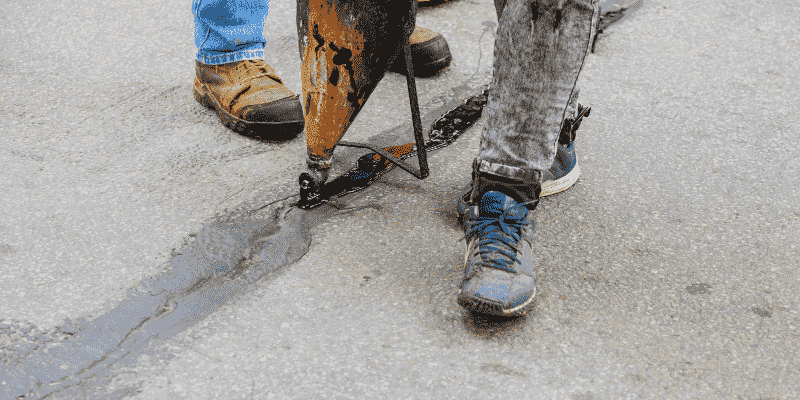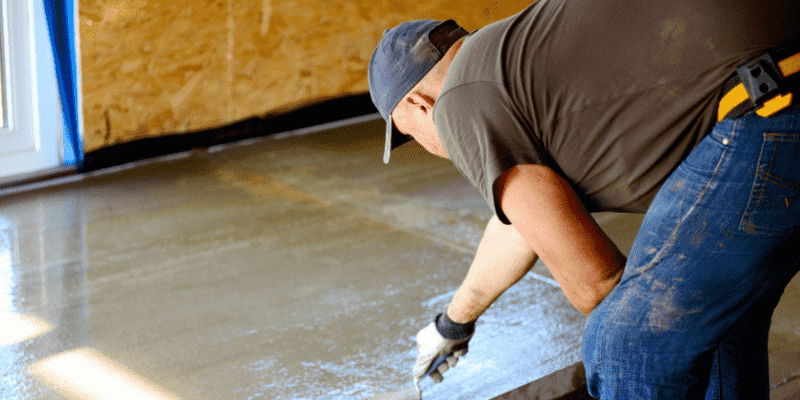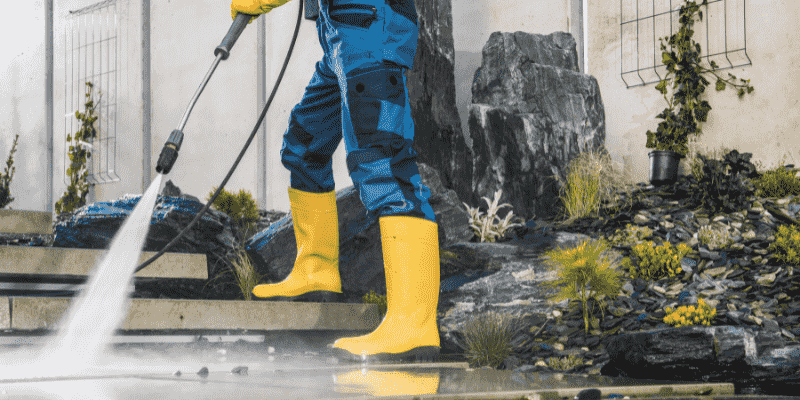DIY vs Professional Concrete Repairs: When to Hire a Concrete Contractor
Concrete is a sturdy and durable material, but over time, it can develop cracks, chips, and other issues that require attention. When faced with concrete repairs, many homeowners find themselves debating whether to tackle the job themselves or hire a professional concrete contractor. In this article, we’ll explore the pros and cons of DIY concrete repairs versus hiring a skilled contractor, helping you make an informed decision based on your specific situation.
Understanding the Scope of the Repair
Small Repairs – DIY Friendly
Small cracks or minor surface imperfections can often be addressed with a DIY approach. Products like concrete patch kits, which are readily available at hardware stores, are designed for such tasks. These kits typically include a pre-mixed concrete patch, bonding agent, and application tools, making it relatively straightforward for homeowners to handle small repairs.

DIY Tips for Small Repairs
If you decide to take the DIY route for small concrete repairs, follow these tips for optimal results:
Clean the Surface: Before applying the patch, make sure the damaged area is clean and free of loose debris. Use a wire brush or pressure washer to remove any dirt or loose particles.
Apply Bonding Agent: To enhance adhesion, apply a bonding agent to the damaged area before applying the concrete patch. This helps the patch bond securely to the existing concrete.
Follow Mixing Instructions: Ensure you follow the mixing instructions on the patch kit carefully. Consistency in mixing is crucial for the patch to cure properly and provide a lasting repair.
Extensive Damage – Call in the Professionals
While DIY kits work well for minor repairs, more extensive damage may require the expertise of a professional concrete contractor for concrete repair service. Structural issues, large cracks, or problems with the foundation demand specialized knowledge and equipment that homeowners typically do not possess.

Signs of Extensive Damage
Here are signs that your concrete damage may be beyond the scope of a DIY fix:
Widespread Cracking: If you notice widespread or deep cracks on surface, wall or decorative concrete, especially those extending through the entire thickness of the concrete, it’s a clear indication of structural concerns.
Uneven Settlement: Uneven settling of concrete slabs can lead to serious problems. If you observe significant height variations or tilting, it’s time to consult a professional.
Water Damage: Persistent water issues, such as flooding or continuous moisture exposure, can compromise the integrity of the concrete. Professionals can assess and address these issues effectively.
DIY Cost Savings
One of the primary reasons homeowners choose the DIY route is cost savings. Small repairs that can be handled with patch kits are relatively inexpensive compared to hiring a contractor. Additionally, DIY projects eliminate labor costs, making it an attractive option for those on a tight budget.

Budget-Friendly DIY Tips
If cost is a major consideration, keep these budget-friendly tips in mind:
Comparison Shopping: Research prices for concrete patch kits at different stores or online retailers. Prices can vary, and you may find discounts or promotions that make the DIY option even more economical.
Utilize Existing Tools: If you already own basic tools like a trowel and wire brush, you can save on additional expenses. Most DIY concrete repair kits require minimal tools for application. If you’re good at budget, also consider concrete stamping for your home.
Long-Term Investment – Hiring a Contractor
While DIY repairs may seem cost-effective initially, professional concrete repairs can be a more substantial long-term investment. Contractors bring experience, expertise, and access to high-quality materials, ensuring that the repair work lasts for an extended period.
Quality Assurance
Contractors use advanced techniques and materials that surpass the quality of many consumer-grade products. This often translates to a longer lifespan for the repairs and reduces the likelihood of future issues.
Time Efficiency
Professionals can complete repairs more efficiently than DIYers. If time is a critical factor, hiring a contractor allows you to enjoy a swift resolution without the learning curve associated with DIY projects.
DIY Limitations and Risks
Hidden Challenges
While DIY projects are rewarding, they come with inherent limitations and risks. Homeowners may underestimate the complexity of concrete repairs, leading to suboptimal results. Additionally, if the underlying issue isn’t correctly identified and addressed, it can worsen over time.
Potential Pitfalls
Inadequate Preparation: Improperly prepared surfaces can hinder the effectiveness of the repair. Without proper cleaning and bonding, the patch may not adhere securely.
Inaccurate Diagnosis: DIYers may misdiagnose the root cause of the damage, leading to superficial fixes that do not address the underlying issue.
Lack of Structural Understanding: Structural repairs demand a deep understanding of concrete composition and load-bearing capabilities. Without this knowledge, DIY attempts may fall short.
Last Words
In the DIY vs. professional concrete repairs debate, the decision ultimately depends on the scope and nature of the damage, your budget, and your willingness to invest time and effort. Small repairs can be handled successfully with a DIY approach, while extensive damage or structural issues warrant the expertise of a professional concrete contractor. By carefully considering the factors discussed in this article, you can make an informed decision that ensures the longevity and integrity of your concrete repairs.






